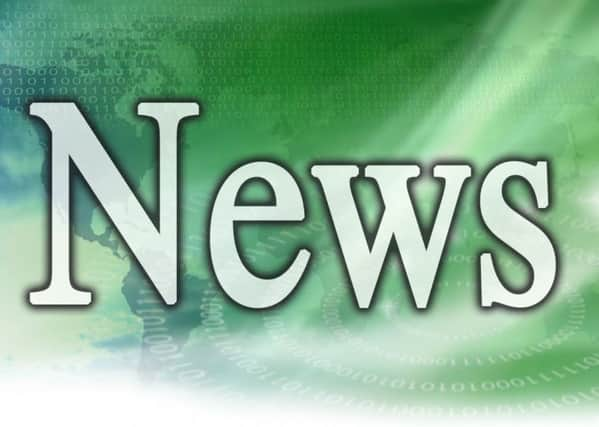Export scheme a runaway success


Sales for Year 2 of the programme amounted to £3,800,860 with the figure being comprised of £1,650,460 of business generated in Year 1 and new sales amounting to £2,150,400 generated in Year 2. Combined with Year 1 total sales to date for the three year programme are £6,750,860 against a target of £2.3m for the entire programme, representing a return on DCNI’s investment of 32:1.
The programme, which is 50% funded by the EU, was launched in 2015 to support Northern Ireland dairy sales across South East Asia and the Middle East.
Advertisement
Hide AdAdvertisement
Hide AdA key element of the programme is bringing buyers to Northern Ireland to see first-hand the dairy supply chain. Over the first two years of the programme 44 buyers from nine countries have been brought to Northern Ireland.
Dr Mike Johnston, Chief Executive DCNI, says the value of investment in the programme has been clearly demonstrated, particularly so in circumstances where dairy markets were falling through the first quarter of 2016.
He added: “This programme is about helping NI dairy companies to identify new customers in the target regions and to do business with them. Year 2 again exceeded all expectations and that it did so in the midst of very difficult trading conditions is particularly commendable; with a year to run in the current programme the sales secured represent a tremendous achievement.
“The figures are almost treble the three year target of £2.3m for the programme, which, in itself represented a return on investment of 4:1. The level of sales generated so far represents a return on the Year 1 and Year 2 budgets of 16:1 on the total investment and of course of 32:1 on DCNI investment.”
Advertisement
Hide AdAdvertisement
Hide AdBuilding long-term and sustainable relationships in the new world order has taken on a greater significance than that recognised when the programme began and so the importance of developing trading channels between Northern Ireland and markets overseas has become even more important.
Dr Johnston continued: “This programme has allowed Northern Ireland dairy companies to build understanding of the professionalism and efficiency of Northern Ireland’s dairy industry; in turn the understanding built has been converted into sales.
“Each of the inward missions, which have seen 21 visitors from nine countries in Year 2, have included presentations by the Department of Agriculture, Environment and Rural Enterprise, CAFRE, the Food Standards Agency and The Institute for Global Food Security at Queen’s University Belfast.”
Overall, it has been a pretty good week for the dairy sector. Tuesday saw prices rise at the Global Dairy Trade event by 1.6%. This follows on from a 1.7% overall increase registered at the previous event, held on March 21st. A 2.4% increase in whole milk powder accounted for the vast proportion of the price increase last Tuesday.
These results will put pressure on local milk processors to, at least, hold farmgate prices over the coming months.